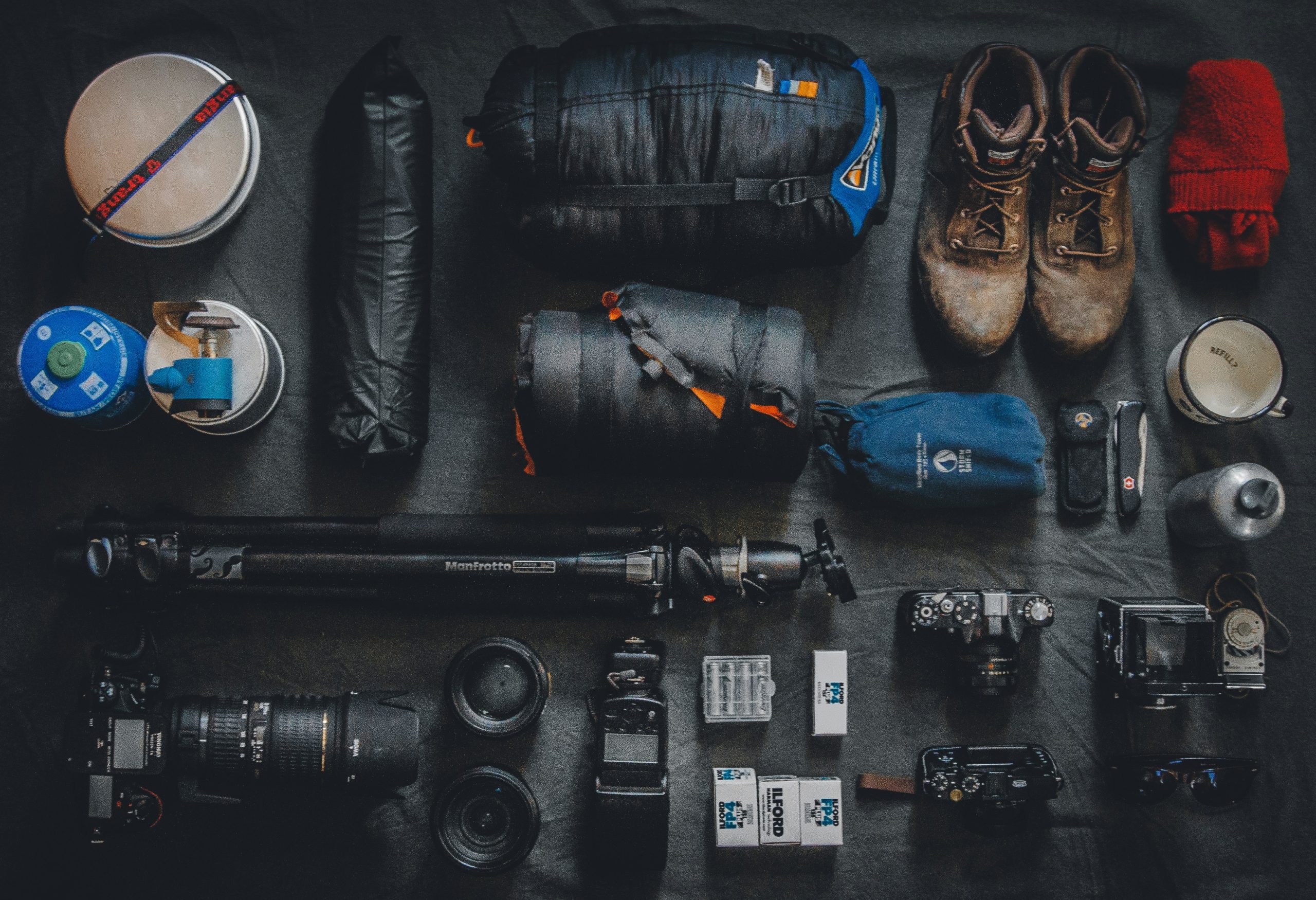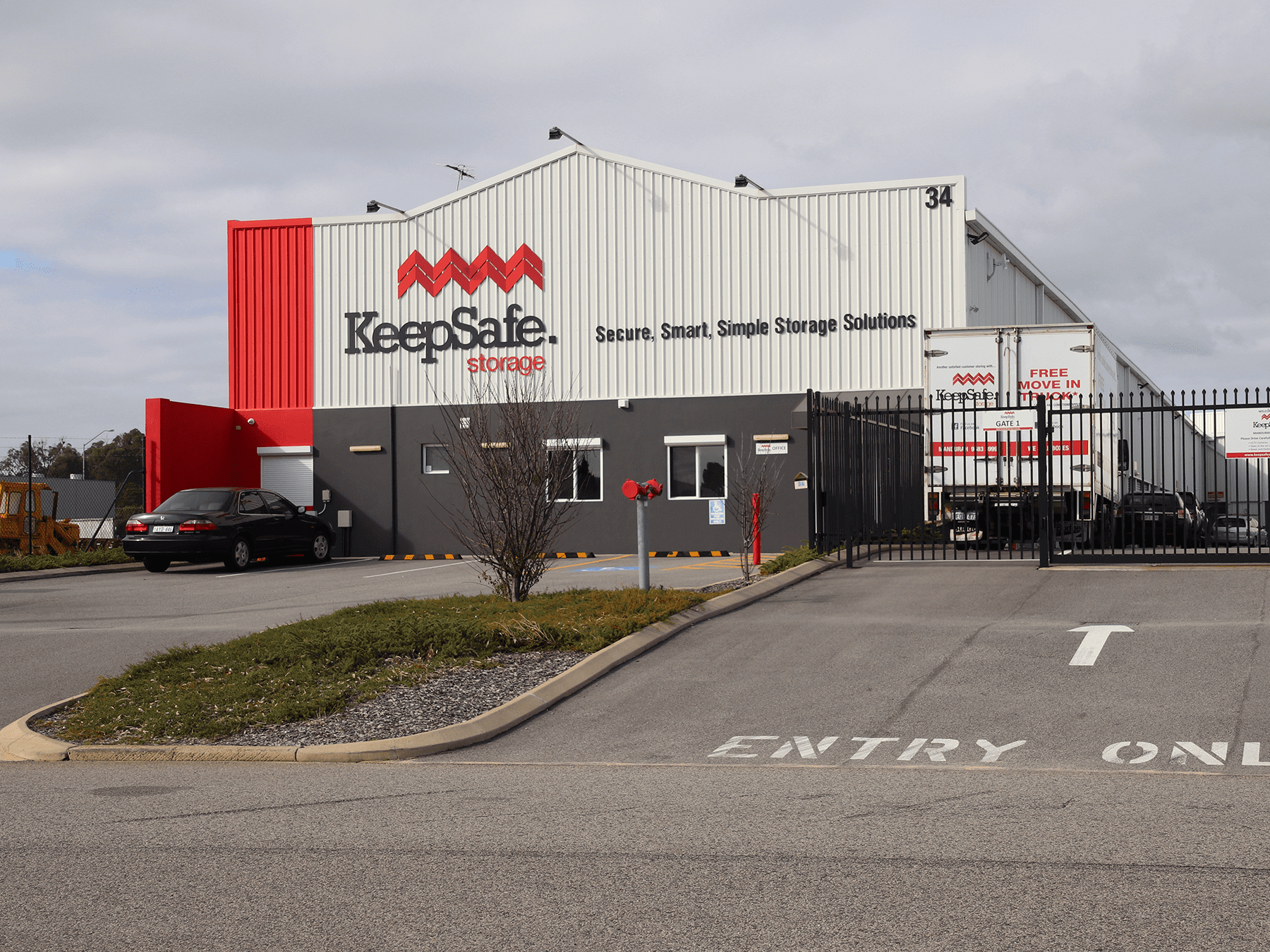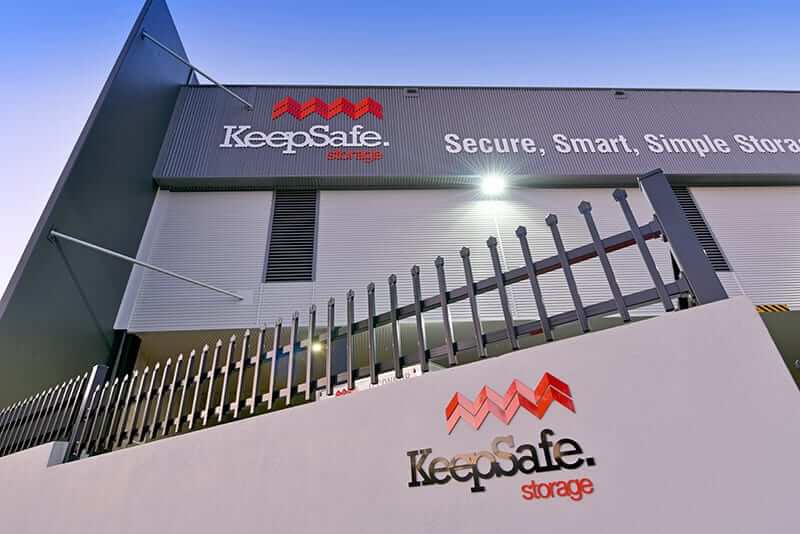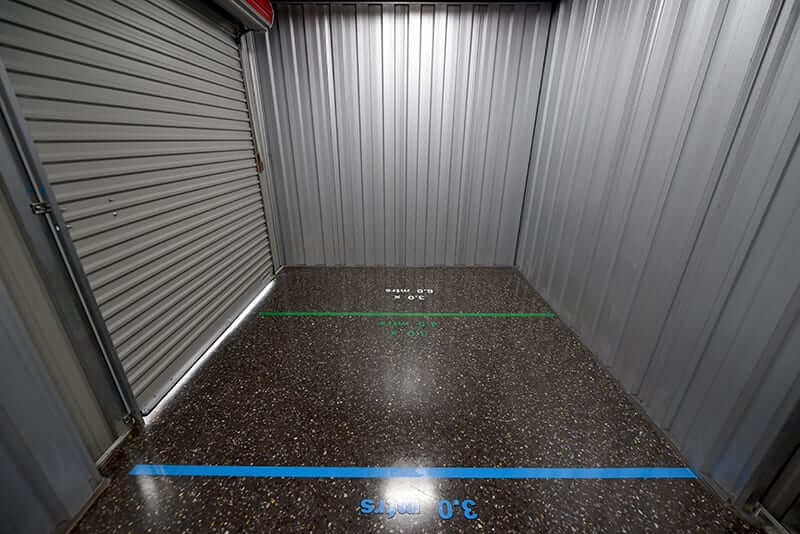
Self storage Article
The Role of Self-Storage in Disaster Preparedness
When it comes to disaster preparedness, self-storage plays more of a role than you might think. It forms part of a diverse strategy to help you fight back when things go pear-shaped. Even if your home or business is destroyed (with everything inside), you can still use it to keep the essential items you require.
So, let’s talk about the specific role of self-storage in disaster preparedness and how you can use it to your advantage.
Storage For Emergency Supplies
Emergency supplies like first aid kits, water, food, and clothing are essential during disasters. Without these items, life can become unbearable quickly.
Unfortunately, when fire, flooding or earthquakes hit your home, you don’t always have time to grab what you need and bring it with you. Usually, you have to get out quickly.
That’s where self-storage can help. These facilities keep emergency supplies safe, and ready to go when needed.
Self-storage is also an excellent place to keep bulk supplies for protracted disasters. There’s plenty of room for water containers, boxes of freeze-dried food, clothing and other items needed to keep you going.
Document Protection
Document protection is another vital role of self-storage in disaster preparedness. Instead of keeping everything in one place (e.g. your home), putting some of your records in a secure unit can reduce risk.
You can use self-storage for storing almost any document you want, including:
- Birth certificates
- Passports
- Insurance policies
- Deeds and titles
- Letters and legal documents
Just ensure the self-storage you use has proper security. You don’t want paperwork falling into the wrong hands. Check the facility has CCTV, perimeter fencing, and 24/7 on-site security.
Also, if you plan to keep documents in self-storage long-term, check if the storage company offers climate control. Excessive heat and humidity can damage paperwork.
Storing Equipment
Keeping useful equipment on standby is another function of self-storage during disasters. Units provide a secure repository for items you might need when the power goes out.
Power Generators
For example, storage units are ideal for keeping a diesel generator ready to go if you lose power. All you need to do is place it on a trailer, hook it up to the back of your vehicle and tow it to your home or business.
If a diesel generator is outside your budget, you could keep cheaper portable power solutions, like solar panels and rechargeable batteries in your lockup. However, these can be unreliable at night, so they aren’t always as useful.
Repair Tools
Keeping various hand tools, like hammers, screwdrivers, pliers, and utility knives in your storage unit is also helpful. (A spare toolbox is even better). Having everything you need to make repairs helps you avoid the rush for items at the hardware store. (You have everything in your lockup already).
Power tools can sometimes be helpful, like cordless drills. However, if the power goes out, you’ll need to find a way of charging these using a generator. If not, using hand tools until the power comes back online is another option.
Lighting
Don’t forget to keep portable lighting in your storage unit, ready for a disaster. Fires, earthquakes, riots, and flooding happen as often at night as in the daytime.
Most preppers keep a combination of flashlights and lanterns in their storage units. These are useful for different situations. Lanterns keep rooms and walkways illuminated while flashlights are better for inspecting damage and finding your way around outside after sunset.
Safety Gear
Some people also keep specialised safety gear in their storage units to actively respond to disasters. For example, you might want rope, crowbars, safety goggles, and respirators to protect you if you need to return to the danger zone.
Sanitation Equipment
It can also help to keep a stock of sanitation equipment in your unit, just in case bathrooms aren’t available. Trash bags, wet wipes and even portable toilets can be life savers in disasters. Camping gear, like trowels and sand, may be valuable if the urban area is no longer livable or toilet facilities aren’t available.
Repair Kits And Dehumidifiers
Lastly, keeping repair kits and cleaning supplies in your lockup is worthwhile. These are helpful when you need to make flash repairs to damaged accommodation or buildings. Things like electrical tape, fasteners, nails, screws, sealants and adhesives all come in handy.
At the same time, it also helps to kit yourself out with disinfectants and cleaning cloths. Flooding and smoke can damage belongings but you can sometimes salvage them if you have the needed equipment. Consider keeping a dehumidifier in your lockup. These dry out your interiors over a few days, reducing the likelihood of mould developing and preventing you from relying on over-stretched commercial clean-up teams.
Community Resources
Sometimes communities come together and use self-storage units as shared resource hubs. These setups are helpful for isolated villages during grid-down situations or those a long way from civilisation. Shared resources, like blankets and medical supplies, often take the sting out of the disaster. When everyone is warm and medicated, situations are more manageable.
Sometimes, communities will also use self-storage units as distribution centres for emergency resources. Community members can use them as relief points and get the items they need.
What’s nice about self-storage facilities is how scalable they are. Facilities offer numerous leasing options, allowing communities to increase their provisions when necessary. Sometimes it might make sense to hire more space if the risk of a disaster is higher (such as during spells of hot weather).
Wrapping Up
In conclusion, self-storage facilities play a surprising role in disaster preparedness. Facilities are useful for individuals, families, businesses and communities, providing a second location to keep resources.
During major disasters like fires and flooding, the items you need to continue functioning often get destroyed along with everything else (or become inaccessible). However, self-storage units let you diversify and protect yourself and your community with a secondary location housing everything you need.
Contact us
Get in touch with one of our staff
The team at KeepSafe are ready and waiting to assist. We’ll be back to you as soon as possible!








